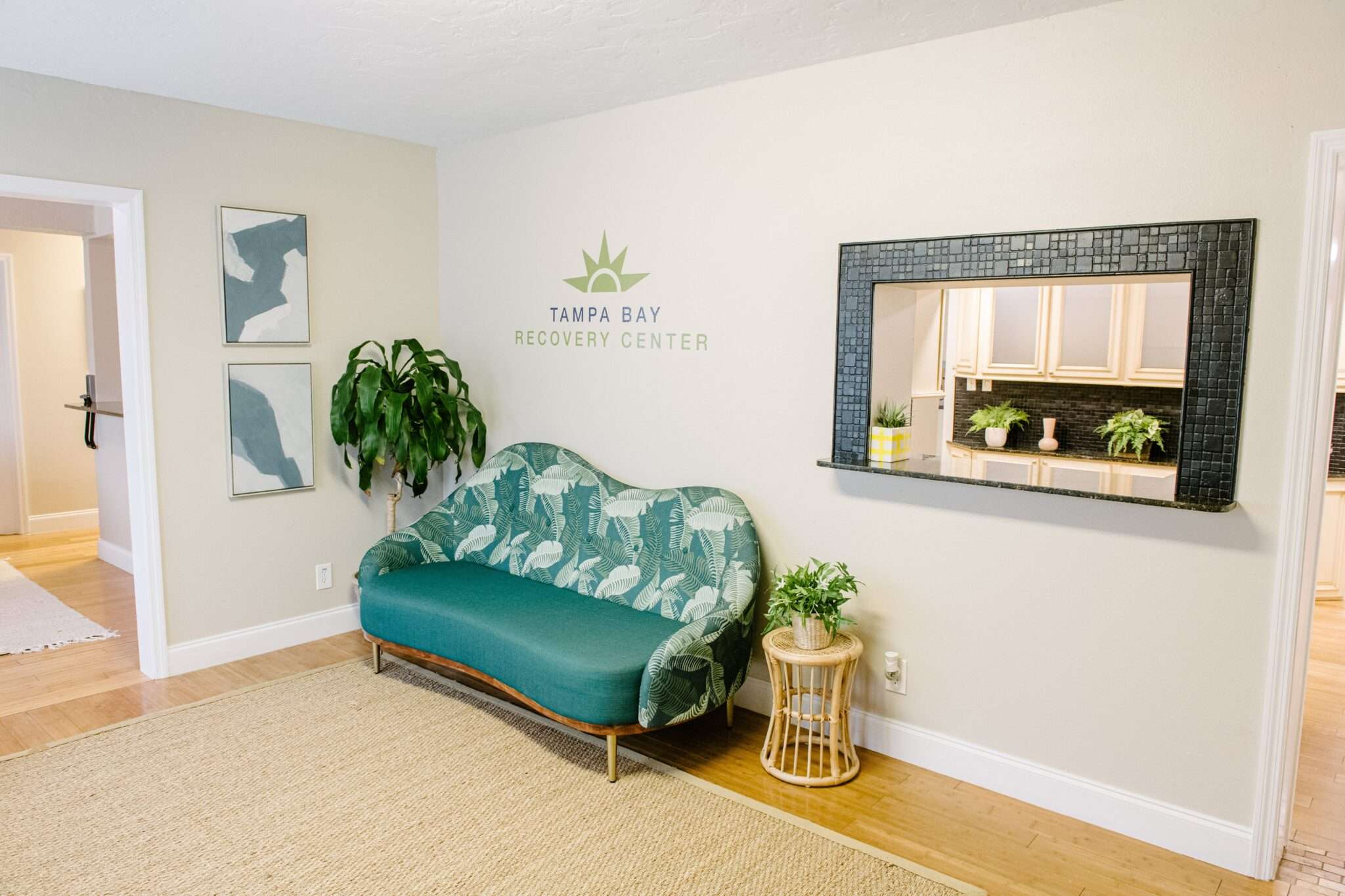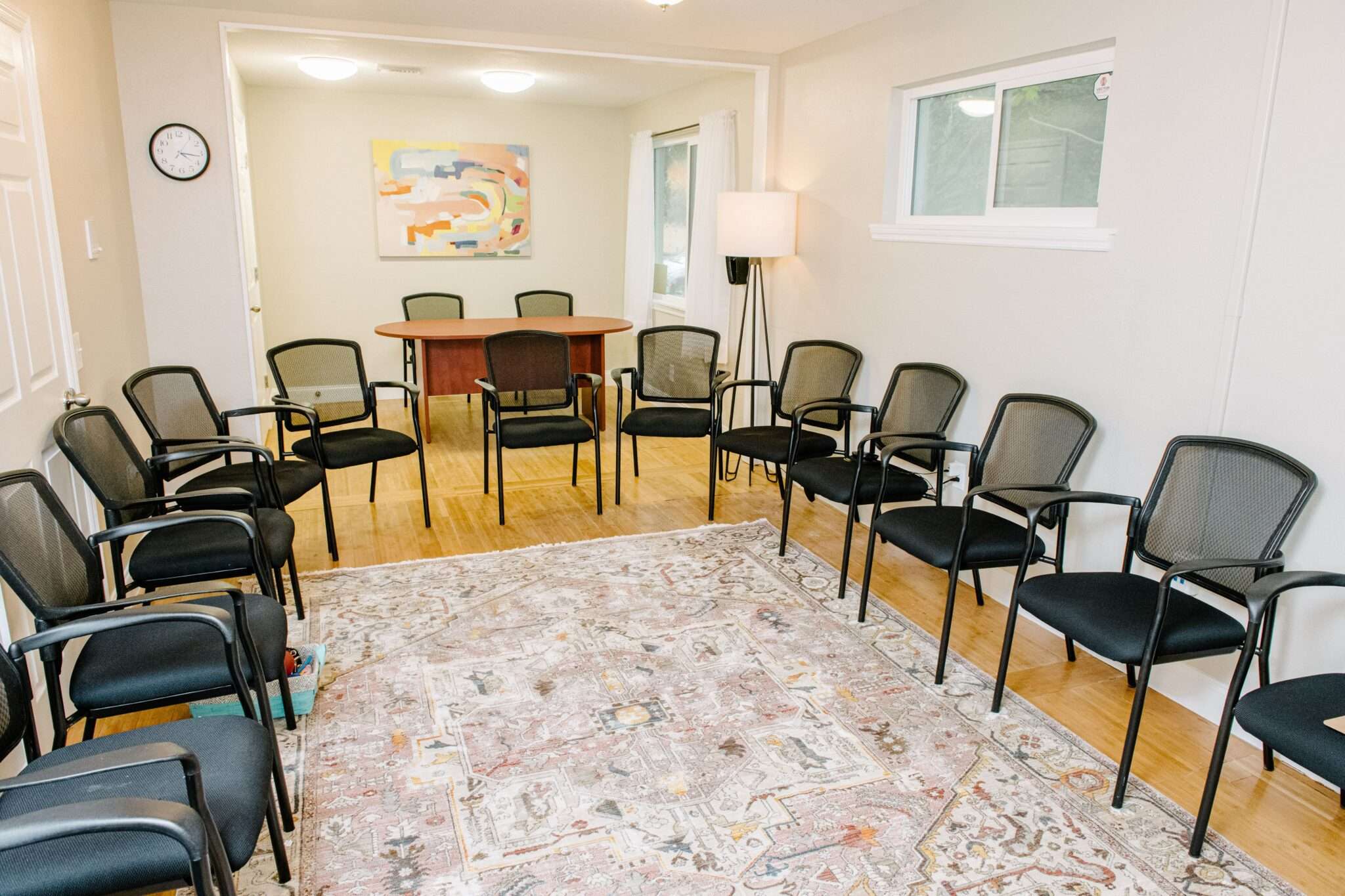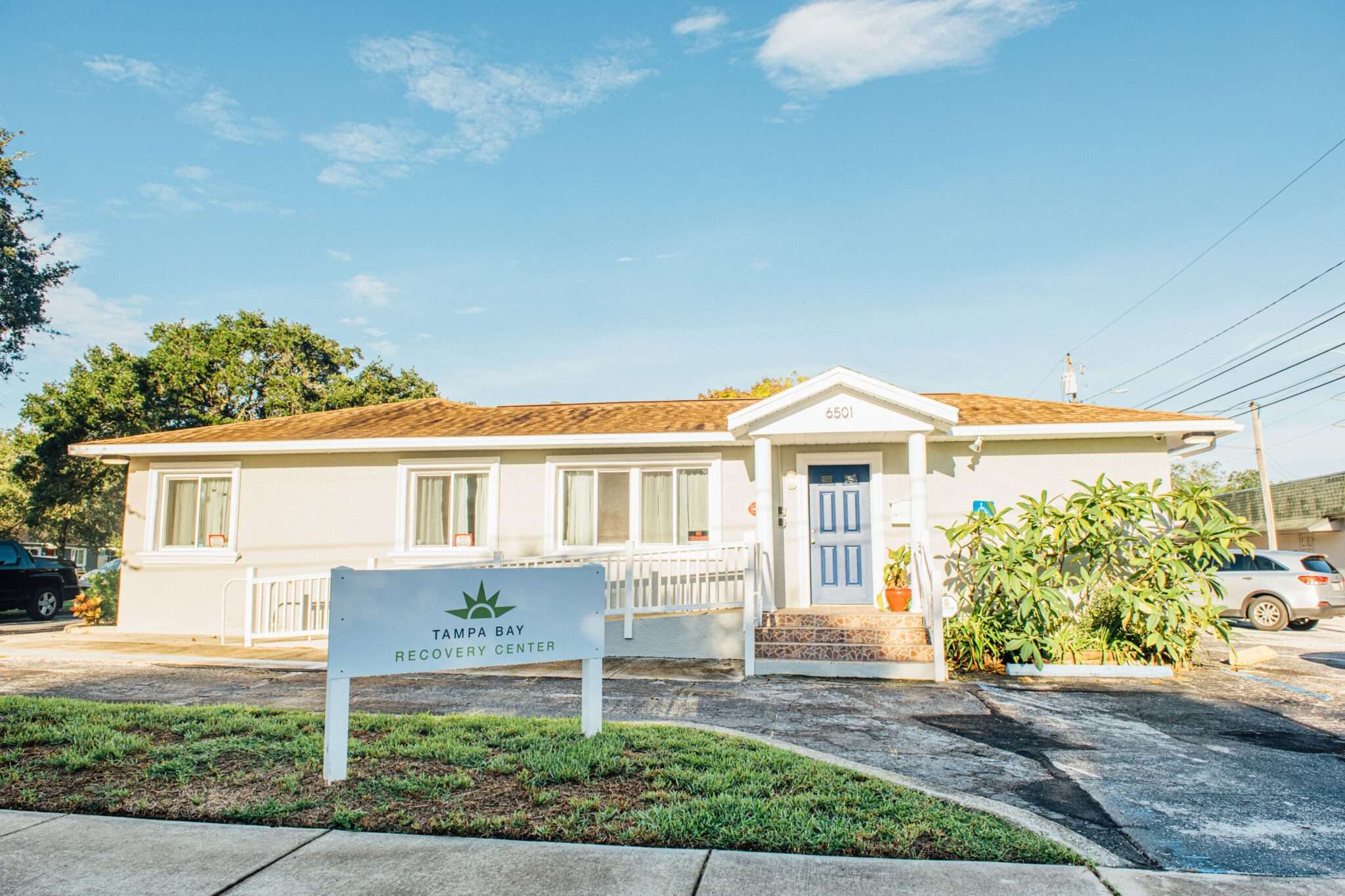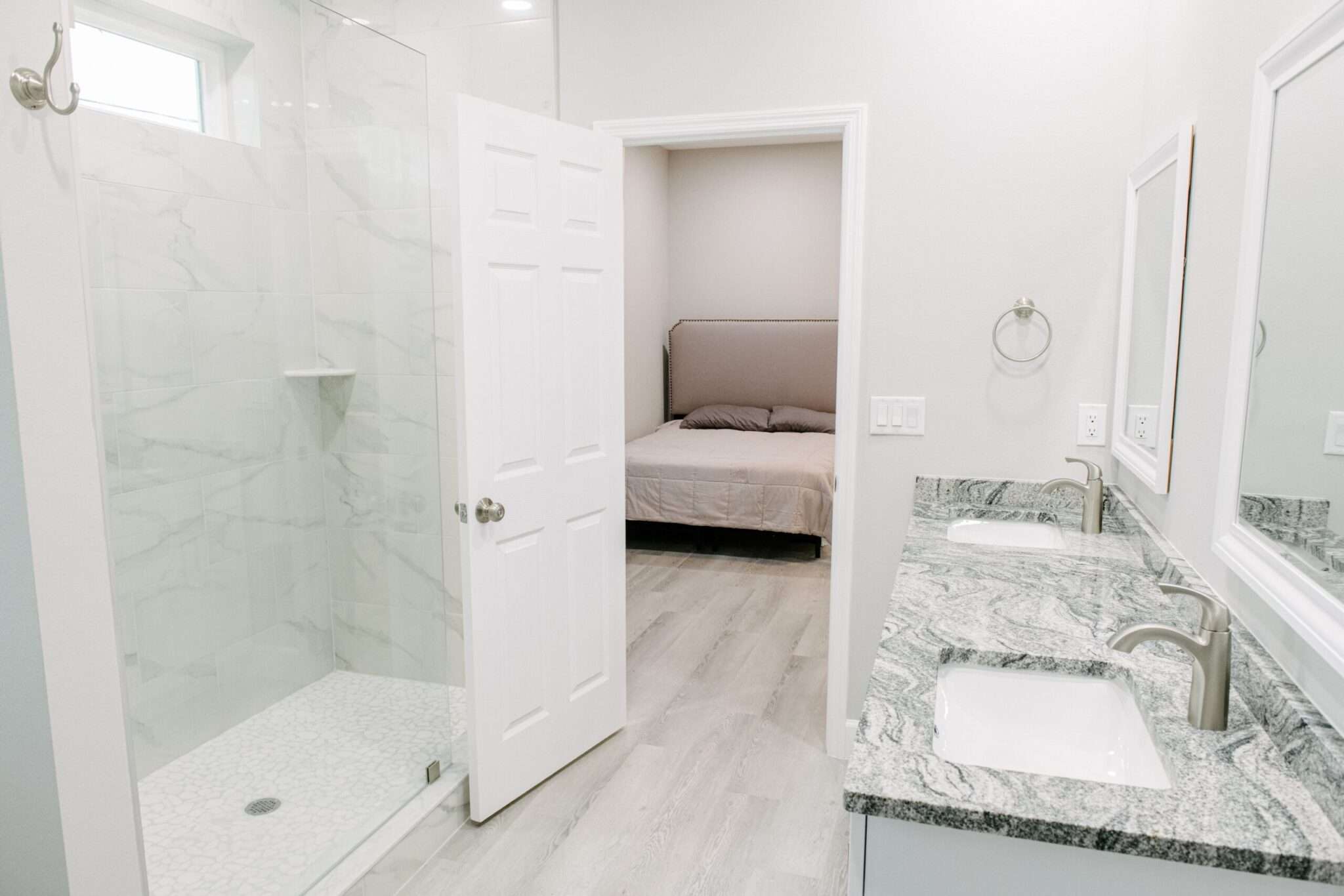Anxiety Treatment in Tampa, Florida
At Gulf Coast Recovery Center, we offer premier anxiety treatment in Tampa, Florida, designed to help individuals overcome anxiety disorders and reclaim their lives. Whether you are facing daily challenges or dealing with specific anxiety disorders, our compassionate team is here to support you on your path to recovery and well-being.
If you or a loved one is struggling with anxiety or other mental health conditions, we’re ready to help. Call us now at 813-755-8864 or verify your insurance today.
How Do I Know I Need Anxiety Treatment in Tampa?
According to the World Health Organization (WHO), anxiety disorders are the most common mental health disorders globally, affecting 301 million people in 2019. Despite their prevalence, only 1 in 4 individuals with an anxiety disorder receives treatment.
Recognizing the need for anxiety treatment is the first step toward healing. If you’ve been experiencing persistent worry, fear, or other symptoms that interfere with your daily life, it may be time to seek professional help. Our team at Gulf Coast Recovery Center can help determine whether your symptoms are indicative of an anxiety disorder.
Signs and Symptoms of an Anxiety Disorder
Anxiety disorders can manifest in various ways, affecting both mental and physical health. Common symptoms include:
- Persistent worry or fear
- Restlessness or feeling on edge
- Irritability
- Difficulty concentrating
- Fatigue
- Muscle tension
- Sleep disturbances
- Panic attacks
- Avoidance behavior
- Rapid heart rate
- Shortness of breath
- Sweating
- Trembling or shaking
- Gastrointestinal issues
Types of Anxiety Disorders
Understanding the specific type of anxiety disorder you’re facing is essential to effective treatment. Common types include:
- Generalized Anxiety Disorder (GAD): Persistent, excessive worry about various topics, often accompanied by restlessness, fatigue, and difficulty concentrating.
- Panic Disorder: Recurrent, unexpected panic attacks characterized by physical symptoms like heart palpitations, sweating, and feelings of impending doom.
- Social Anxiety Disorder: Intense fear of social situations due to concerns about being judged or embarrassed.
- Specific Phobias: Irrational fear of specific objects or situations, leading to avoidance behaviors.
- Obsessive-Compulsive Disorder (OCD): Intrusive thoughts (obsessions) and repetitive behaviors (compulsions) performed to alleviate anxiety.
- Post-Traumatic Stress Disorder (PTSD): Anxiety stemming from a traumatic event, often involving flashbacks, nightmares, and avoidance of reminders of the trauma.
How Does Our Anxiety Treatment in Tampa Work?
Our anxiety treatment programs are tailored to meet the unique needs of each individual, with varying levels of care to suit different circumstances:
- Partial Hospitalization Program (PHP): Provides structured, intensive care during the day without requiring overnight stays. PHP includes individual therapy, group therapy, medication management, and psychoeducation.
- Intensive Outpatient Program (IOP): Offers a step-down level of care from PHP or a step-up from traditional outpatient treatment. Clients attend therapy sessions several times a week while maintaining daily responsibilities.
- Outpatient Treatment: The most flexible option, ideal for individuals with milder symptoms. Clients attend therapy sessions 1-3 times a week.
Benefits of Anxiety Treatment
Engaging in anxiety treatment at Gulf Coast Recovery Center can lead to numerous benefits, including:
- Reduced anxiety symptoms
- Improved daily functioning and quality of life
- Enhanced coping strategies for managing stress
- Increased self-esteem and confidence
- Strengthened relationships with family and friends
What to Expect at Our Anxiety Treatment Program
When you begin treatment at Gulf Coast Recovery Center, you will undergo a comprehensive evaluation to create a personalized treatment plan tailored to your specific needs. Throughout your recovery journey, our team will provide guidance, support, and tools to help you effectively manage anxiety.
Therapies Available at Gulf Coast Recovery Center
Our evidence-based therapies address the complexities of anxiety disorders, including:
- Cognitive Behavioral Therapy (CBT): Identifies and challenges negative thought patterns.
- Dialectical Behavior Therapy (DBT): Focuses on emotional regulation and mindfulness.
- Exposure Therapy: Gradual exposure to feared situations to reduce avoidance behaviors.
- Mindfulness and Stress Management Techniques: Teaches relaxation and coping skills.
- Medication Management: Prescribes and monitors medications to alleviate symptoms.
We also offer specialized services, such as:
- Eye Movement Desensitization and Reprocessing (EMDR): Processes trauma and reduces its emotional impact.
- Holistic Therapies: Includes yoga, meditation, and nutritional counseling.
- Brainspotting Therapy: Targets unprocessed trauma in the brain.
- Psychiatric Services: Provides expert diagnosis and comprehensive treatment planning.
If you’re ready to take the first step toward managing your anxiety and reclaiming your life, call us today at 813-755-8864 or verify your insurance. Gulf Coast Recovery Center in Tampa is here to support you every step of the way.
















